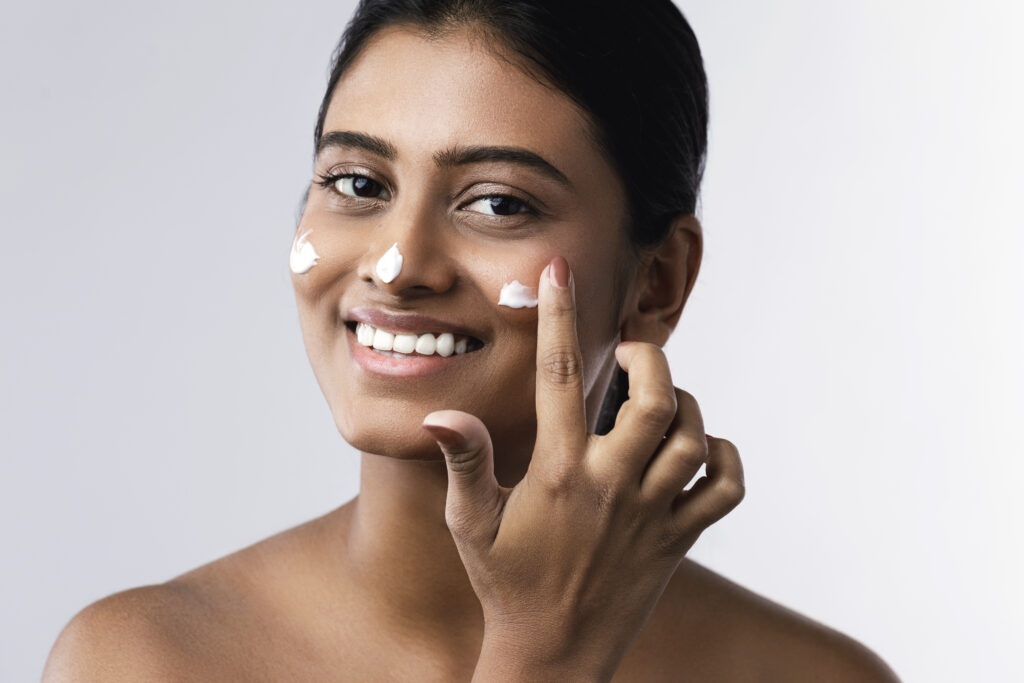
Photo Source: Shutterstock
If I had a dollar for every time I heard, “how do I get rid of dark spots on my face?”, I’d be, at least, a few hundred dollars richer. It is such a common problem amongst South Asians, usually appearing in the 20s, that I figured it’ll be worth putting together a quick guide on treating hyperpigmentation!
Too often, I see women with hyperpigmentation spend their hard-earned cash blindly on expensive, heavily-marketed creams with little to no effect. The first and most important point to understand about hyperpigmentation is that not all dark spots are created equal.
Dark spots and patches can be caused by a number of reasons and there are different types that exist. Knowing which ones you might have will help determine the right, targeted approach to addressing them. Also it’ll save you the stress and frustration that comes with cycling through treatments and remedies that really don’t do much.
[Read Related: 5 Skincare Tips to Help Make That Melanin Glow Everyday]
Post-inflammatory hyperpigmentation (a fancy word for dark spots due to acne, rashes or eczema) is the most common type and usually takes several weeks or even months to improve on its own. Dark spots due to chronic sun exposure are commonly known as sun spots and more likely to develop later on in life. Whereas freckles, which are also a result of sun exposure, appear earlier in life. Finally, melasma, which is a medical condition, is hormonally mediated and can get worse during pregnancy or with the use of birth control. It is manifested as brown patches on the cheeks, forehead, nose and upper lip.
Although there is an overlap in the initial treatment of different dark spots, it is important to realise that, at some point, one might need a more personalised treatment depending on the underlying cause of the dark spots. And it is why it’s important to distinguish these spots early on.
Treating dark spots
The treatment for dark spots can be categorised under three different groups: topical over-the-counter products, topical prescription products and in-office treatments. In general, a combination therapy with multiple topical creams may be more effective than a single treatment therapy. It is also important to be patient with the treatment of dark spots and understand that it takes at least 8-12 weeks to see results. So I strongly suggest you move all those e-mail advertisements claiming to fix dark spots in just days right into the spam folder!
Here is a list of effective treatments that can offer a more lasting solution and helping in treating hyperpigmentation:
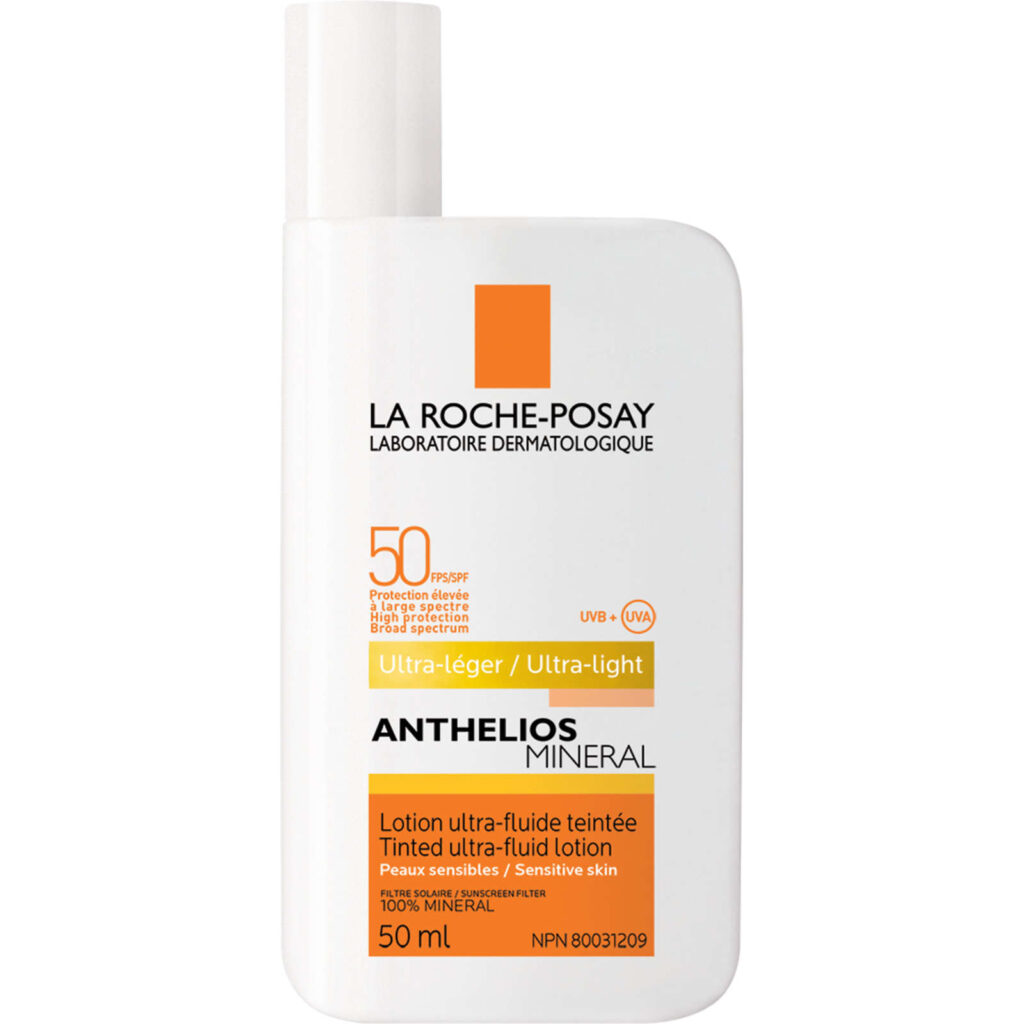
Sunscreen
The best way to prevent dark spots is to use ‘broad-spectrum’ sunscreen with both UVA and UVB coverage with SPF 30 or higher. Mineral sunscreens with zinc oxide and titanium dioxide are more effective than chemical-based sunscreens. Additionally, tinted sunscreens also have iron oxide which protects from visible light, known to cause hyperpigmentation in those with darker skin. Also don’t be afraid to bust out an oversized hat, umbrella or sun-protective clothing when venturing outside. A little cover goes a long way!
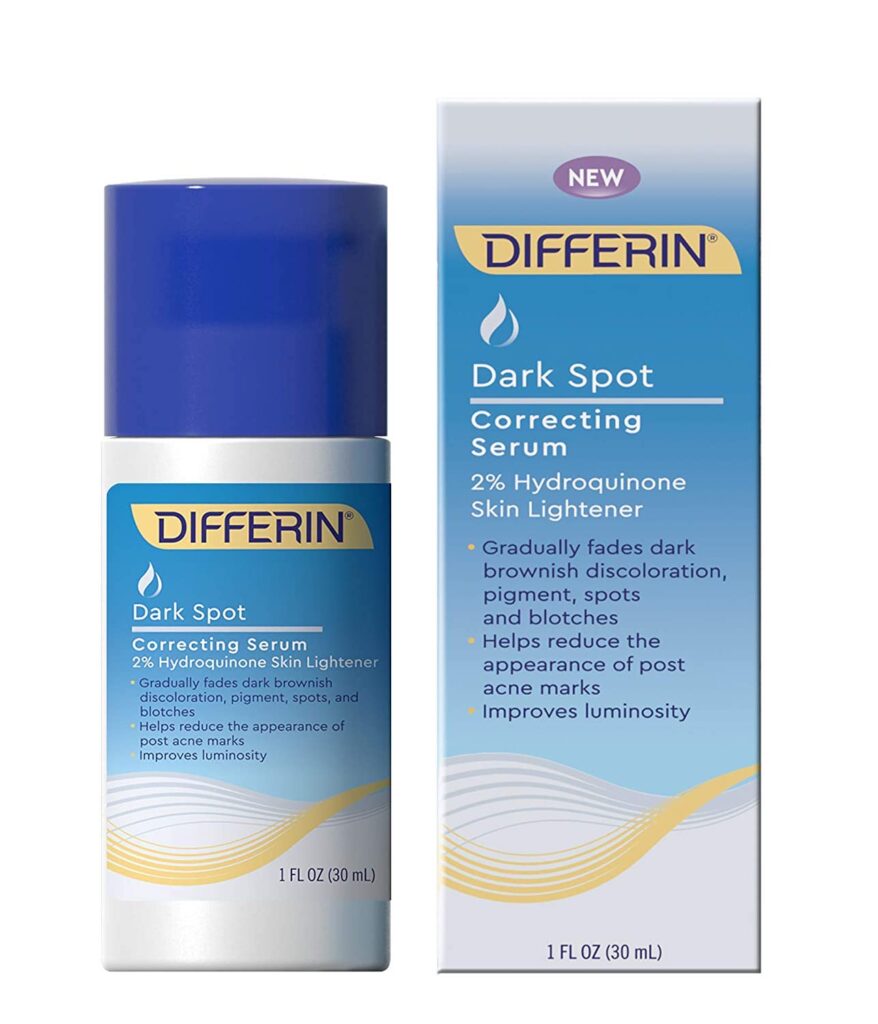
Hydroquinone
Topical hydroquinone is usually the gold standard treatment ingredient for skin brightening. Up to 2 % hydroquinone is available over the counter but you will need to see a dermatologist if you require a higher percentage. Keep in mind not to use this treatment for more than 3 consecutive months so as to avoid any worsening of the dark spots.
[Read More: Skincare 101: How to Exfoliate for Healthy and Glowing Skin]
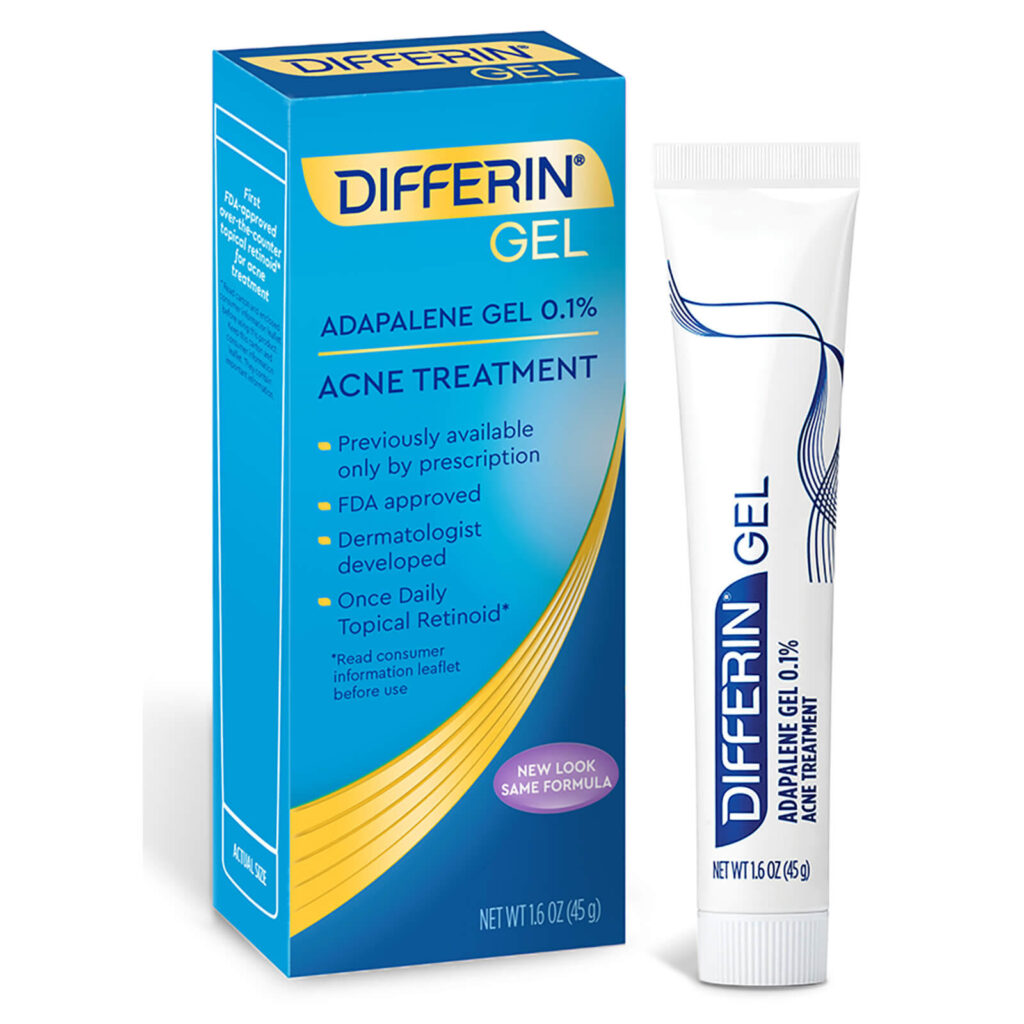
Retinol / Retinoids
If you have any interest in skincare, then I’m sure you must have heard of retinol, which can usually be found in a lot of popular skincare products. Retinol and retinoids are a form of Vitamin A that promote skin renewal resulting in even skin tone and texture. Retinols are usually weaker than retinoids, albeit with lesser side effects of skin redness, dryness and peeling. They also help treat wrinkles/fine lines, mild acne and improve overall skin quality and texture.
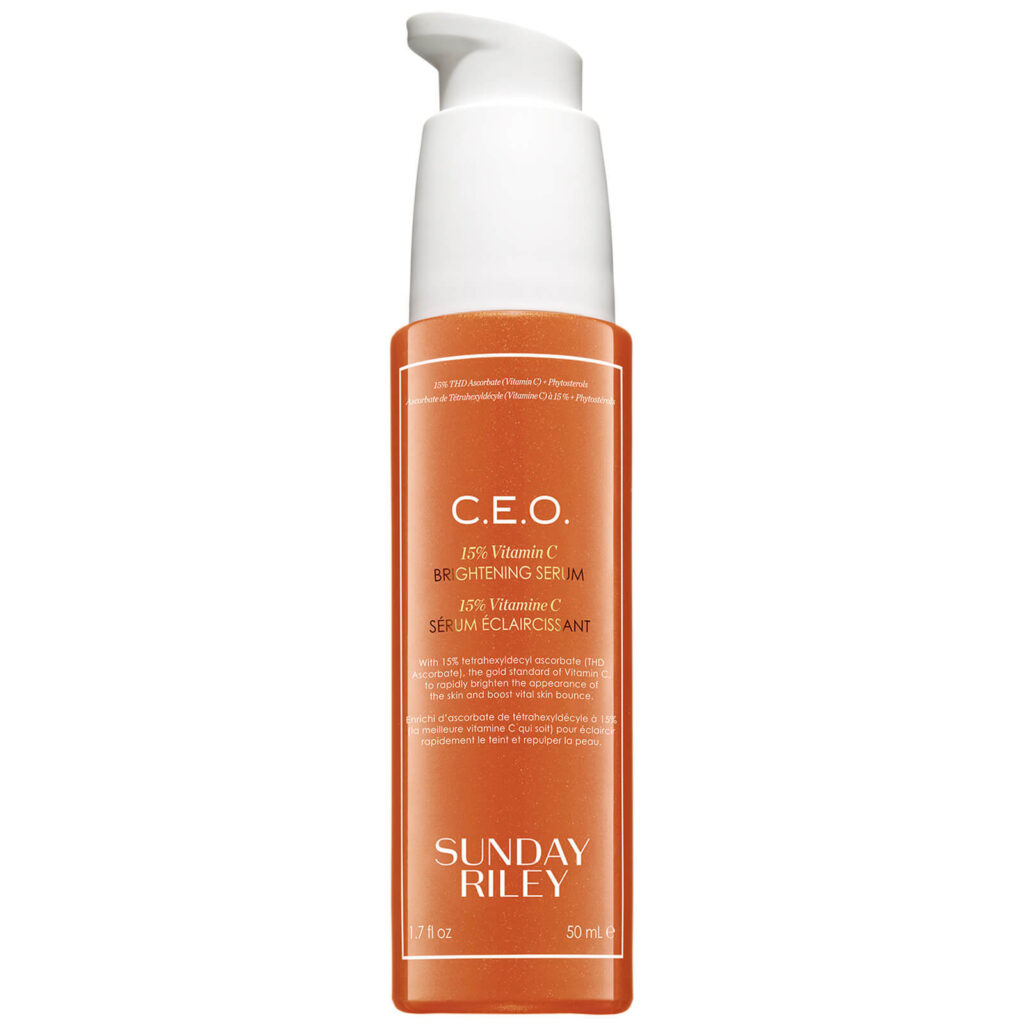
Vitamin C / Ascorbic acid
Vitamin C isn’t only useful for stronger immunity but also great skin! Topical Vitamin C has several benefits as it is an anti-oxidant, however it also brightens skin by inhibiting tyrosinase which is a key enzyme required for melanin production.
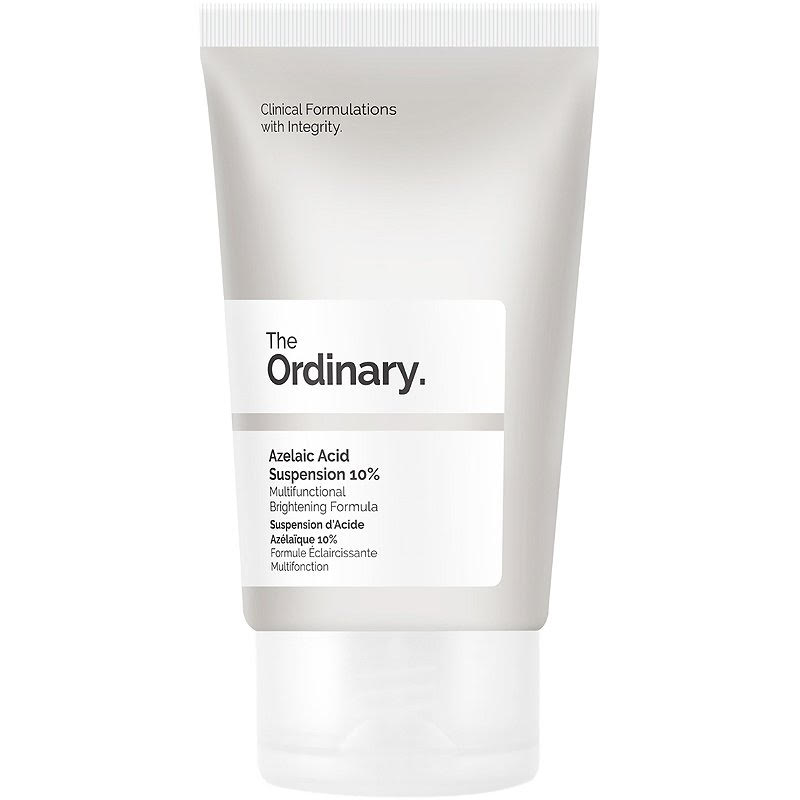
Azelaic acid
Azelaic acid is a naturally-occurring ingredient, derived from grains like barley, wheat and rye. It is a great choice for brown skin and/or during pregnancy to minimise dark spots. You can easily find a lower strength version (usually 10%) of this over the counter.
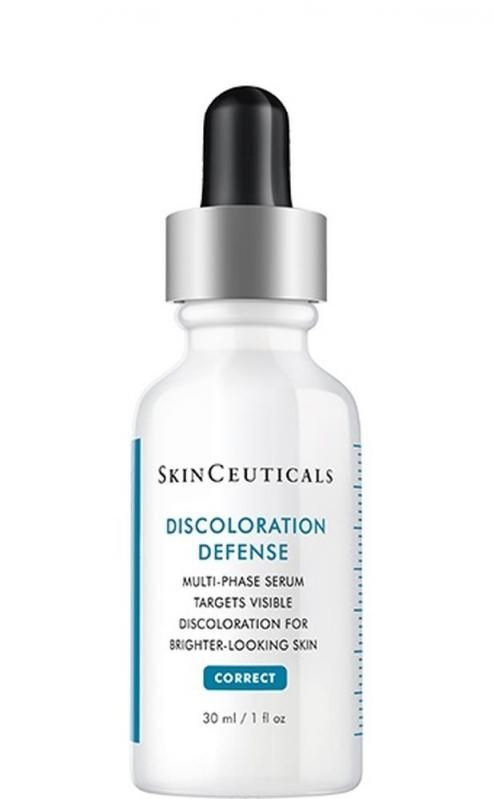
Transexamic acid
Transexamic acid is effective in brightening skin complexion and for minimising dark spots caused due to hormonal changes such as melasma. It is safe for all skin types but those with super sensitive skin or eczema should try it out on a test spot first as it can cause dryness and irritation.
[Read More: 5 Must-Try Face Masks for Every Brown Girl]
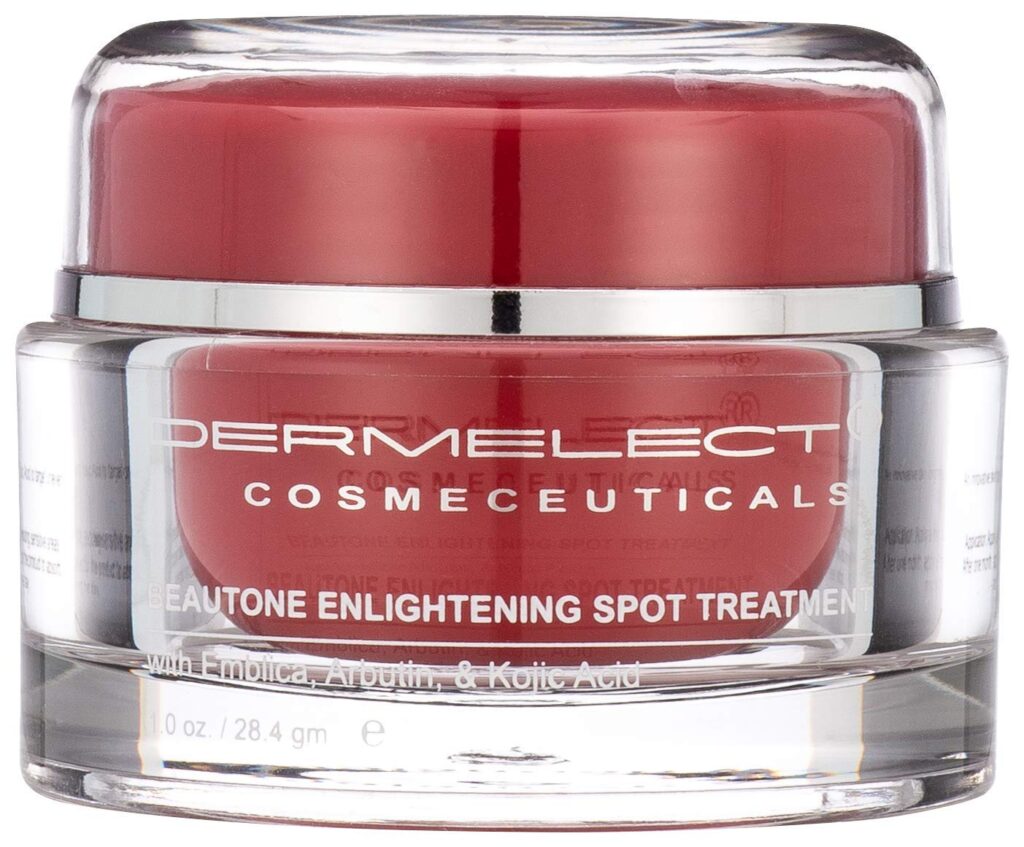
Kojic Acid
Kojic acid is also naturally-derived from mushrooms. It is effective in treating general dark spots, brightening skin complexion and treating melasma.
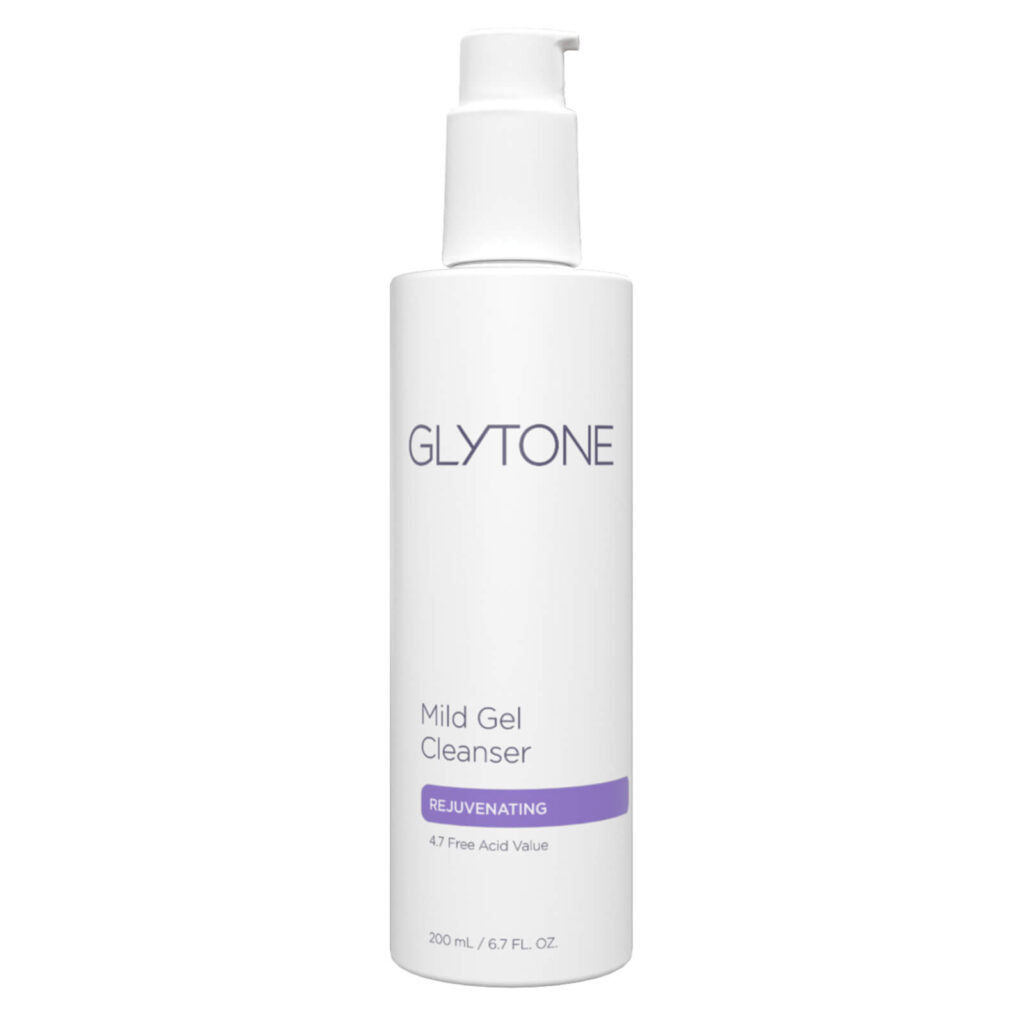
Alpha Hydroxy Acids
AHAs such as glycolic acid exfoliate and remove dead skin cells on the surface, leading to an overall brightening effect on the skin. And visibly reducing dark spots.
Other options for treating hyperpigmentation include Niacinamide, N-acetyl Glucosamine, Soy, Liquorice, Arbutin, Green Tea, Aloesin, Mulberry, Coffeeberry, Grape Seed Extract and Polypodium Leucotomos.
However, if and when the aforementioned topical treatments are not effective, it’s time to see a dermatologist! Best to discuss in-office procedures such as chemical peels and laser treatments to reduce hyperpigmentation.
I hope some of these options can help you in treating hyperpigmentation. The real pro-tip, though, is to start prevention in your early 20s with a good skincare routine and an adherence to using sunscreen daily. Or better yet, you can just listen to my husband’s recommendation and – “just wear a face-mask!” *Facepalm*




